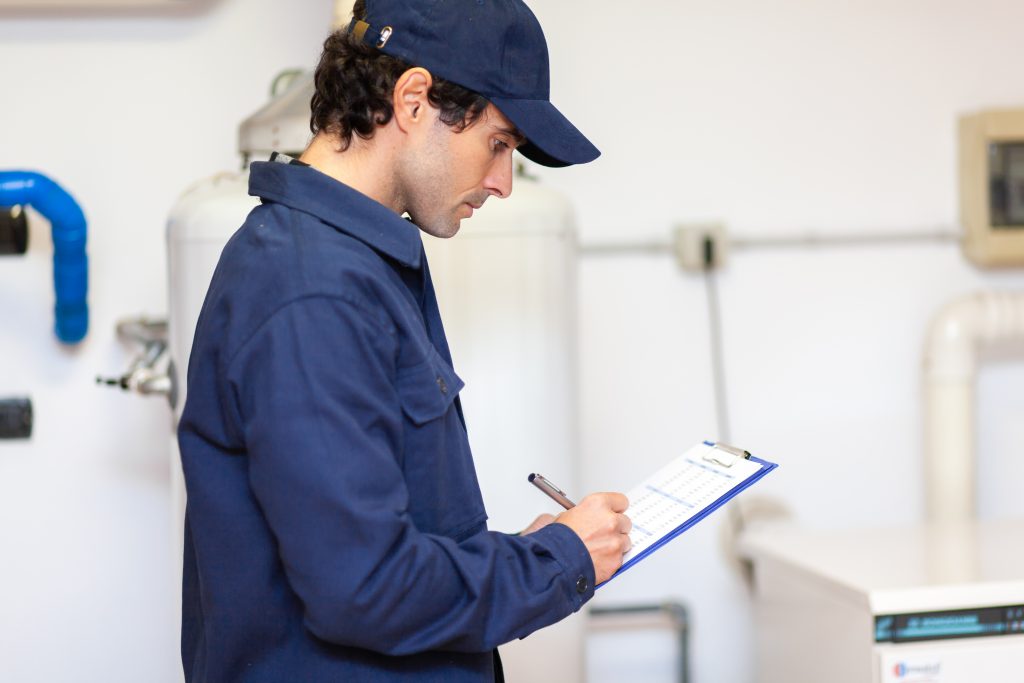Few things are more exciting and anticipated than buying your first home. Whether you’re doing it on your own or with a spouse or sibling, here’s how to plunge into the thrills while avoiding any spills.
Financial checks
It’s easy for first home buyers to fall in love with the first property they see. But before you start exploring different properties, talk to a variety of different lenders and obtain a pre-approval – otherwise known as exactly how much cash you can borrow. It’s best to get a pre-approval before even going to open inspections. Recognising how much you have to spend will focus your attention on homes you can afford rather than wasting your time, emotions and effort on those you can’t. Remember that lenders will want clarification of a good income, savings, credit history, stable employment and minimal debts. But regardless of what they’re willing to lend, only borrow what you can afford and no more. Don’t ever stretch your finances right to the limit as unexpected costs and charges will more than likely appear. As well, ask lenders about their mortgage options. You can obtain a no-deposit home loans but bear in mind that with these loans – and other very low deposits – you’ll have to pay a one-off lenders mortgage insurance (LMI). If you’re struggling to obtain a good deposit, state first home grants may help, depending on your circumstances.
Advice and research
Now that you’ve double-checked your financial possibilities, the time has come to start house hunting for real! Yes, real estate agents are the best place to start for help and advice but do your own research as well. There is a wealth of online advice and data to help you decide which home best suits you. This research will help you make realistic offers to agents and ensure you don’t pay too much for your dream house.
Reason and logic
Go house hunting with a sensible friend who knows you and your wants well while being unafraid to offer their thoughts and advice. Preferably, these friends will have purchased properties themselves. Either way, aim to be logical, rather than emotional, when buying your first home. You mightn’t like the carpets or gardens, but these can be fixed if necessary. Instead, consider the home’s location and similar. Is it close to transport, shops and parks? Is it a quiet, safe neighbourhood? Does the area and the house itself offer value potential? While you’re thinking about these points, make sure you visit the house at different times, for example, at night or on a weekday.
And don’t forget….
Once you’re sure of all the above, get set to organise a professional building and pest inspection. You’ll have to splash some cash on these but it will be worth it in the end. Why? Most major repairs are invisible but spending your money now could see you saving plenty later. While reflecting on your hip pocket, don’t forget to have extra capital available for often underestimated costs including insurance, legal fees, council rates and stamp duty. You’ll also want to find a reliable conveyancer or solicitor to help you navigate that (cross fingers!) contract. This document is one of the most important legal papers you’ll ever sign so ensure you understand every word before signing on the dotted line.

